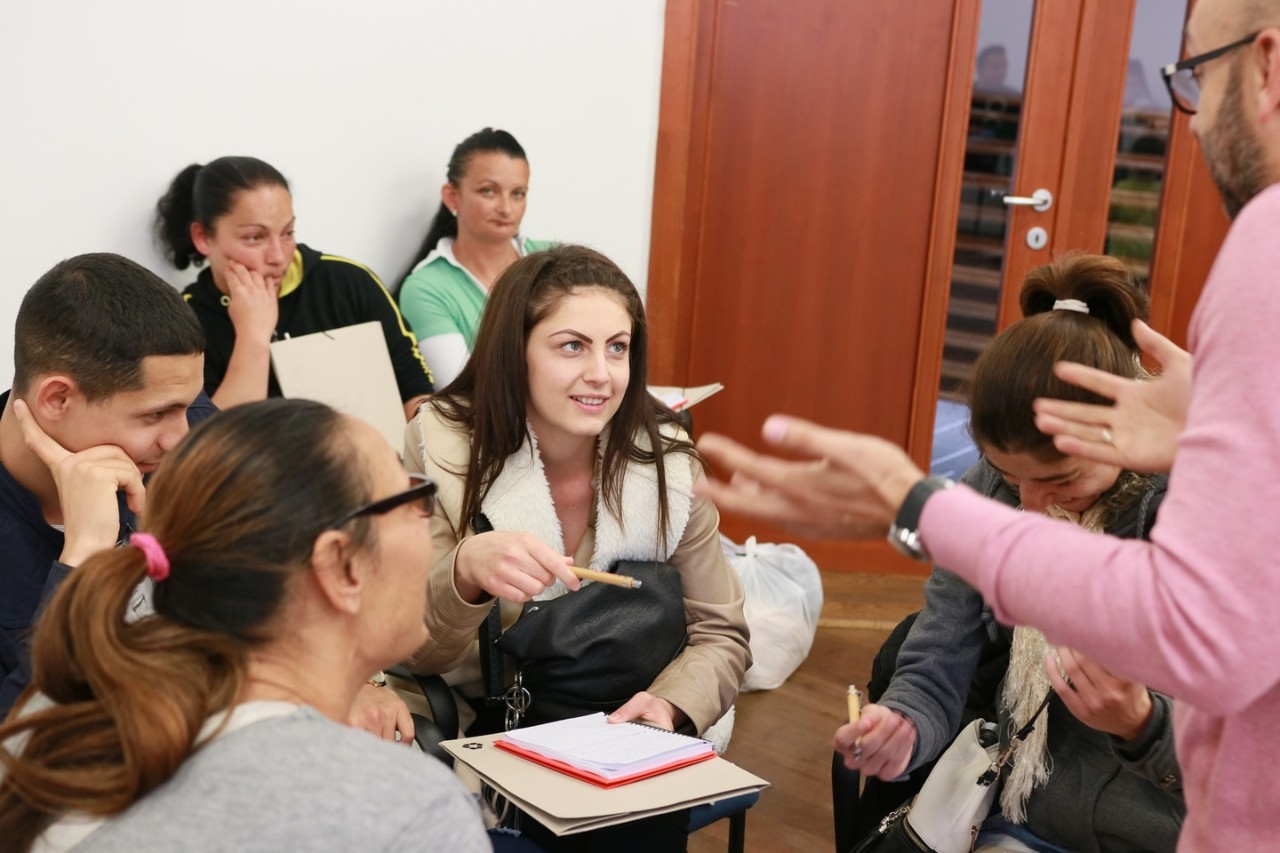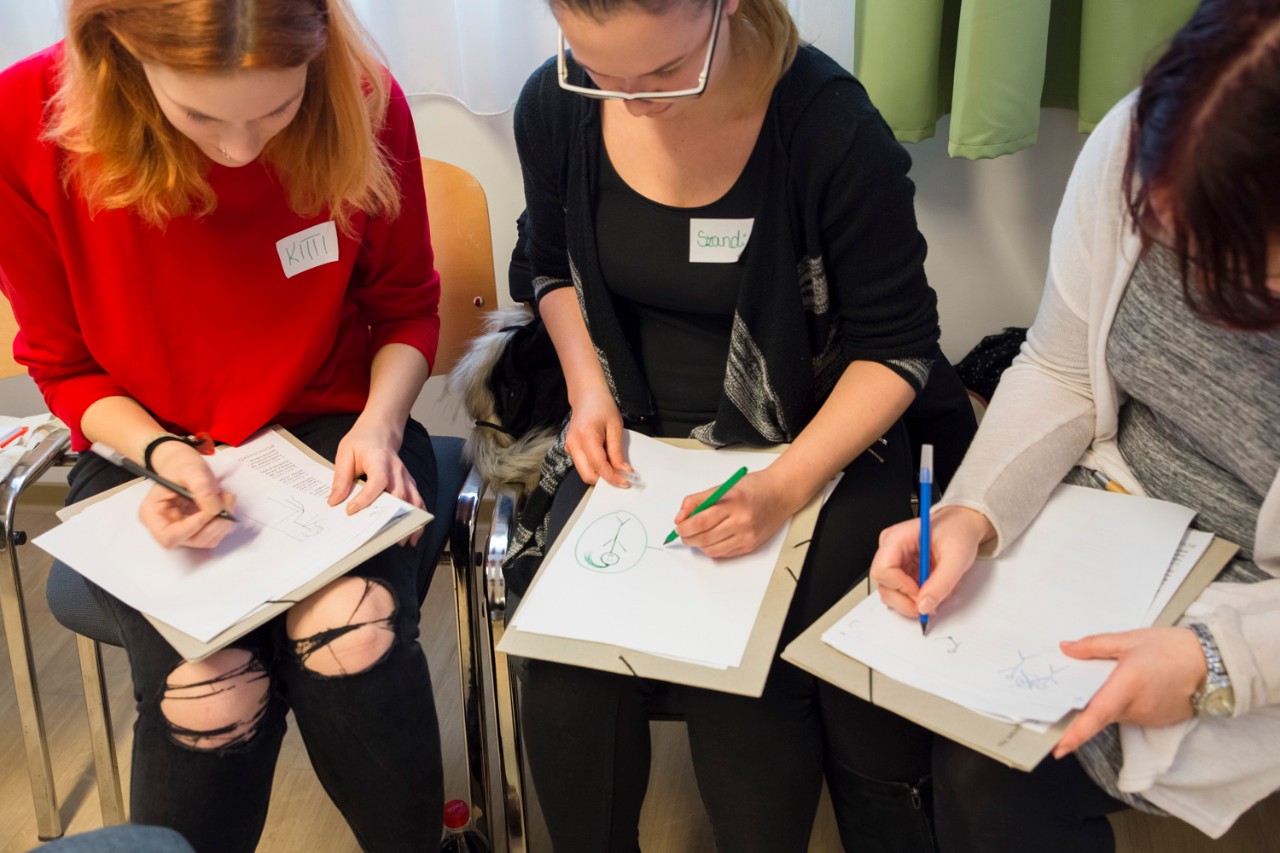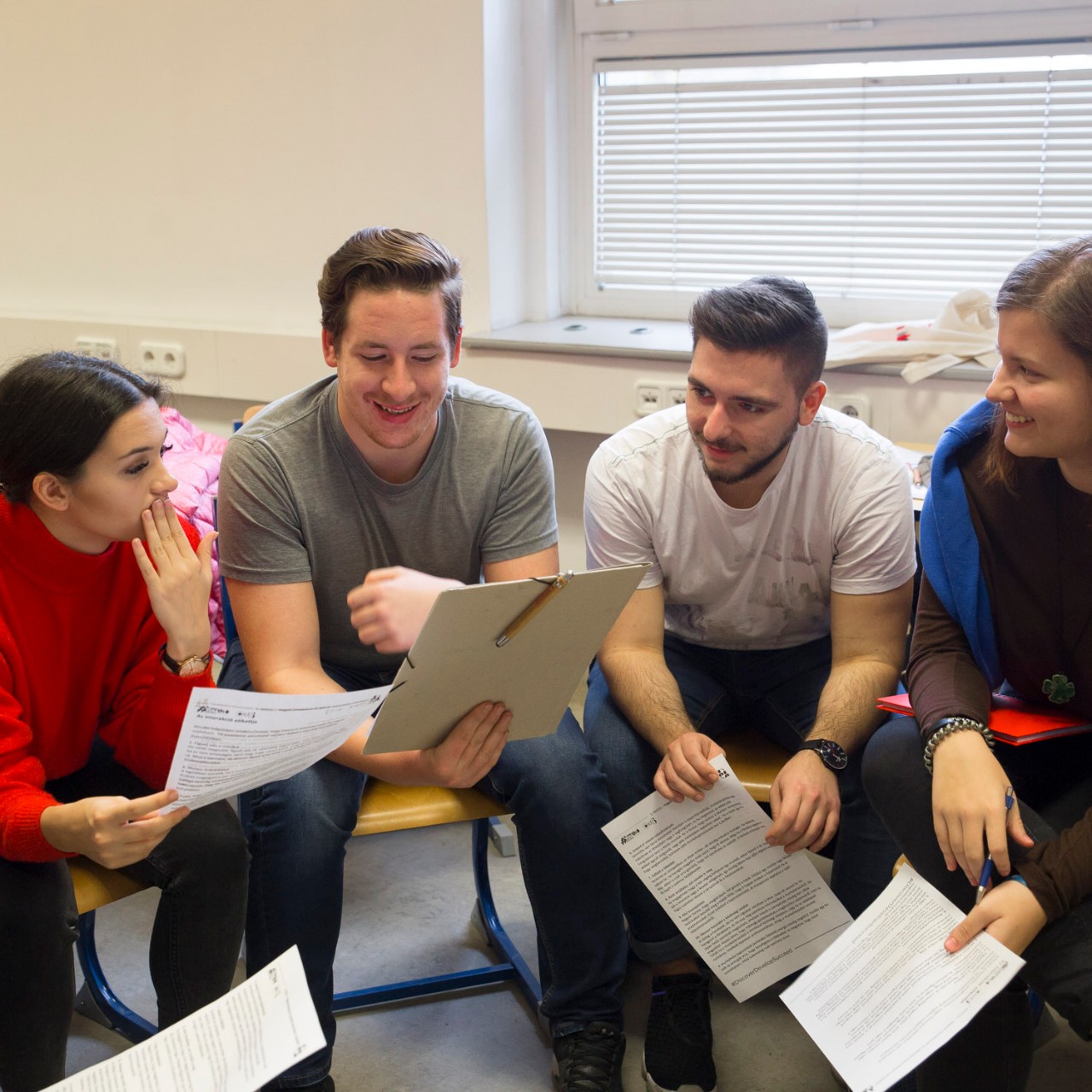According to the most recent data of the Hungarian Central Statistical Office, although unemployment among the total population has fallen compared to last year, the indicators for young people have worsened. The pandemic has created a specific labour market situation in Hungary: many young people starting their careers and recent graduates are finding it difficult to find their place in the labour market, while at the same time many areas are facing significant labour shortages. This is supported by the latest research of Coca-Cola Hungary's #YouthEmpowered programme, conducted by Kantar Hoffmann, which revealed additional segments of young people in Hungary who are neither working nor studying. For them, the solution in many cases lies in self-development, retraining and skills development based on self-awareness: the programme's research has now also outlined how these can help different groups of unemployed young people.
Since 2017 #YouthEmpowered programme, which supports young people in finding their place on the labour market, has been organising free in-person and online workshops to support those who are not in education or employment by developing their skills. Since its launch, the programme has steadily expanded its target groups to include young people starting their careers, university students, secondary school students about to choose a career, disadvantaged Roma youth, mothers with young children, young entrepreneurs and young people living with disabilities as well.
The programme's research, conducted by Kantar Hoffmann, based on Eurostat data, has recently revealed three new segments of the so-called NEET (Not in Education, Employment or Training) youth aged 15-35 in Hungary: the pre-pandemic groups are now extended to include young people who have dropped out of the service sector, those returning from abroad and job seekers who are stuck in a job-seeking position due to the pandemic. The research has categorised the different NEET groups using a so-called "vulnerability net", on which a jobseeker's previous experience and motivation level determine their chances in the labour market. As the NEET group of young people is highly heterogeneous, the relevant help is different in each case. The new research has now simultaneously looked at how the existing target groups of the programme have been affected by the pandemic, as well as the new groups of NEET youth, and what might be the best help for them after the pandemic.









